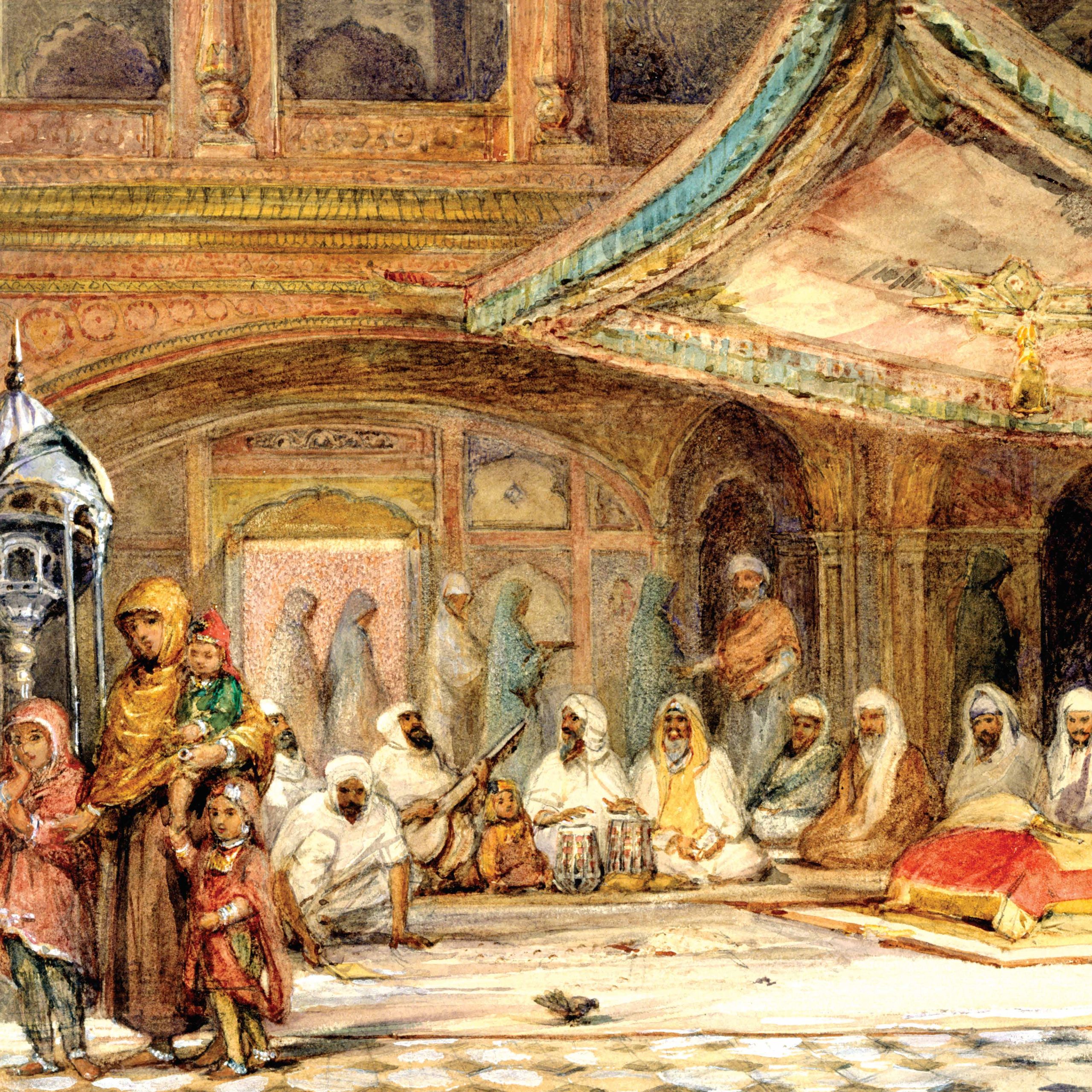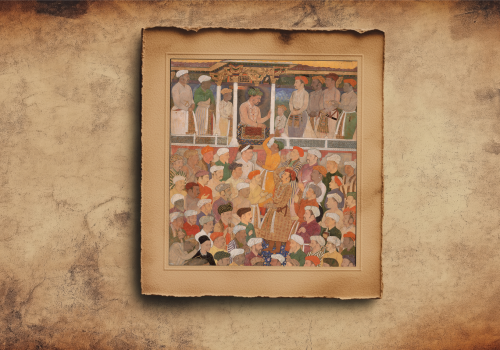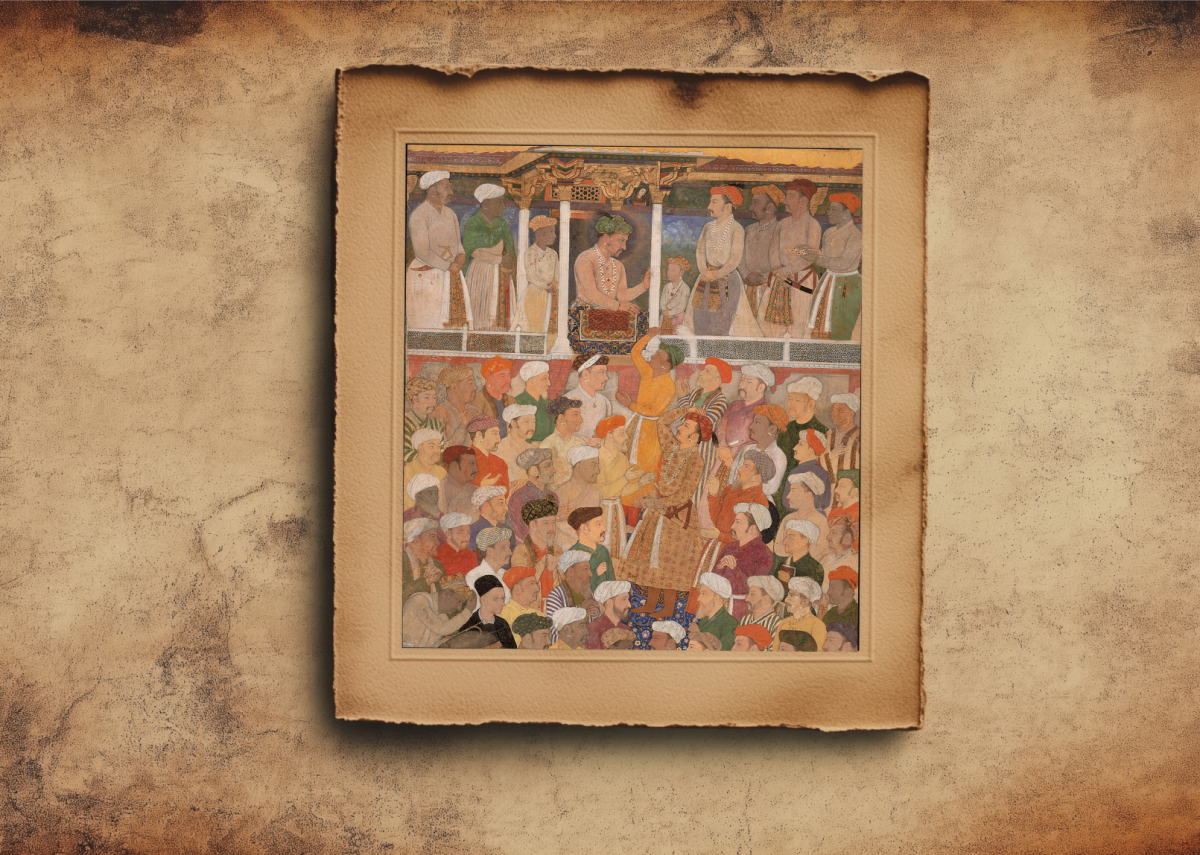Explore Tuzuk-i-Jahangiri, the autobiographical memoirs of Emperor Jahangir, masterfully translated and edited, revealing insights into his reign (1605-1627).
AJIT SINGH SANDHANVALIA (d. 1843), son ofBasava Singh Sandharivalia, was a leading actor in the gruesome drama of intrigue and murder enacted in the Sikh kingdom following the passing away of Maharaja Ranjit Singh.




Encyclopedias encapsulate accurate information in a given area of knowledge
Encyclopedias encapsulate accurate information in a given area of knowledge and have indispensable in an age which the volume and rapidity of social change are making inaccessible much that outside one’s immediate domain of concentration.At the time when Sikhism is attracting world wide notice, an online reference work embracing all essential facets of this vibrant faith is a singular contribution to the world of knowledge.
The Encyclopaedia of Sikhism was the first of its kind in the field of Sikh studies; it is comprehensive in its scope and includes entries to cover topics such as Sikh history, theology, philosophy, literature, art and architecture, customs and ceremonies, sects, personalities, shrines, etc. The fact that the work has undergone several reprints since its first publication testifies to the authenticity and catholicity of its contents, its terse and precise style and impeccable and flawless English idiom.
Additional entries have been added from other sources with references to expand the horizon of the online edition of The Sikh Encyclopedia
Explore Tuzuk-i-Jahangiri, the autobiographical memoirs of Emperor Jahangir, masterfully translated and edited, revealing insights into his reign (1605-1627).
ACHCHHAR SINGH, JATHEDAR (1892-1976), a Gurdwara officiant and Akali politician who twice held office as Jathedar (provost) of...
AJIT SINGH SANDHANVALIA (d. 1843), son ofBasava Singh Sandharivalia, was a leading actor in the gruesome drama of intrigue and murder enacted in the Sikh kingdom following the passing away of Maharaja Ranjit Singh.
01
Discover the legacy of Amar Singh Man, a Sikh leader who reshaped Gurdaspur in...
02
<p /><strong>GIAN SINGH, GIANI</strong> (1824-1884), scholar and theologian, was the elder son of Giani...
03
Dive into the life and works of Lal Singh Narotam, a distinguished Nirmala scholar,...
04
Explore the legacy of Parduman Singh Giani, the key figure in managing the historic...
05
Explore the life and works of Kavi Saundha Singh, the renowned poet of Punjab,...
AJIT SINGH SANDHANVALIA (d. 1843), son ofBasava Singh Sandharivalia, was a leading actor in the gruesome drama of intrigue and murder enacted in the Sikh kingdom following the passing away of Maharaja Ranjit Singh.
01
Discover the diverse dialects of the Punjabi language spoken across India and Pakistan, from Eastern...
02
Explore Gurdwara Damdama Sahib in Kila Raipur, a spiritual retreat where Guru Hargobind paused. Visit...
03
Discover the remarkable life of Giani Partap Singh, a distinguished calligraphist, Sikh schoolman, and pivotal...














